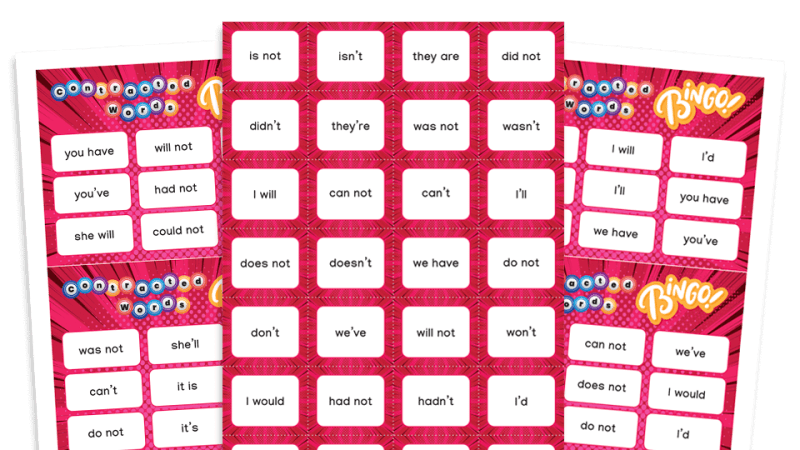This ‘unlearning bug’ has highlighted the limits of virtual learning

Education is now caught, rather than taught, says Andrew Macdonald Powney – and if you want to know why that is, look no further than schools’ response to the coronavirus crisis…

Until recently, education involved personal encounters, relied on personal presence and brought about personal transformations. It had the power to change minds.
Today, many schools have responded to the COVID-19 crisis by taking themselves online. Using tools imported from the business world, such as Microsoft Teams, they’re enlisting corporate chat systems in the delivery of lessons. For those lessons delivered to the children of key workers, one teacher will video their delivery for another teacher to supervise while the video plays, classroom management being the last thing left needing an adult’s physical presence.
If all that improving students’ minds took was exchanging one set of data for another, in the same way that one might trade in a car, then this reliance on teachers being virtually present would be fine. If the minds receiving a teacher’s online instruction were merely empty vessels in which answers were placed like cash in a deposit box, all would be well.
The crucial difference, however, is that online learning epiphanies can only ever happen by chance. They’re not something that teachers can engineer with the aid of structured examples and conversations. You can’t plan for the chance discoveries and fluke connections that students typically make when using the internet as a learning tool in their own time.
For an example of what I mean, consider what happens when people become radicalised online. The process of radicalisation involves a confirmation of one’s existing biases and an indulging of their temptations. The ‘conversion’ they undergo is really just confirmation of an answer they were already looking for. The conclusions they reach at the end of the process don’t come from beyond them, as insights received through education do.
That’s not to say that ‘virtual education’ rules out actual education from happening – it just tilts the odds significantly against it. Yes, Microsoft Teams will let you zoom in on specific class participants, transcribe your instructions in real time and facilitate the sharing and filtering of comments, but it’s not equivalent to the teacher being in the room. It doesn’t give teachers a way of intervening in their students’ agenda.
Those of us working from home know that sustaining your productivity can be helped by adopting a ritual of clocking in and out, that being present and available to colleagues requires discipline – something that we can’t necessarily rely on our remote students to have.
Asset-stripping
The term ‘ritual’ is significant here. Writing has its origins in the ‘hieratic’ script first used by priests, with the notion of ‘learning from the master’ beginning in the rabbinic and guru traditions, and it remains the case that real learning emulates a style; it doesn’t imitate someone else’s answers.
Plato called this eros – the lifeforce, the yearning for life. It is not curiositas (entertaining facts) or cupiditas (the search job opportunities). What’s contagious in learning is wisdom and grace, not just knowledge and gain.
In the same way that we likely won’t want human doctors removed from the practice of medicine in favour of AI once technology makes that possible, we can’t completely remove teachers from education. Education is one of those sectors in which it’s not possible to cut out the human element in pursuit of efficiency.
Yet what has happened in education is that the overarching aims of truth, beauty and goodness have been profaned. The asset-stripping of many schools, and their transformation from educational institutions into skills hubs and advice centres, wasn’t driven by nefarious plotting. It came about because the impulse to reduce costs arrived at that solution, like Dawkins’ selfish gene. Schools have ended up following the Cynics, rather than Plato.
Antithetical aims
Real education has always been expensive, unpredictable and impossible to cut beyond a certain point. This has necessitated a changing of the product inside the packet, and people have been trained to want it.
Efficiency geeks oversaw a growth in the use of TAs, attempts at de-unionising the workforce and an increasing reliance on cheap, unqualified teaching staff. TAs care a great deal about individual students’ feelings and their attainment levels, which is quite right, but that’s now the sum total of what many whole schools care about – the antithetical aims of encouraging student wellbeing and success in tests.
In truth, the growth of ‘virtual learning’ has been spreading for decades, which this ‘unlearning bug’ has now clearly shown. My first teaching workplace piloted online learning in response to non-attending students who were at home looking after their parents and siblings. Today, education has become so degraded that it’s now buckling under pressure from both parents and teachers’ overseers for this ersatz pirate version of teaching.
It would be nice to think that after COVID-19 we’ll take a step back to assess the real costs and benefits of not wasting time in the classroom. Instead of winnowing out the curriculum and stripping back lessons to concentrate on little more than exam drills – and later scrabbling to replace what was lost with ‘higher-level thinking skills’ add-ons and ‘enrichment’ – let’s see the humane and learned heart of teaching restored. Let’s allow the teachers some presence again.
Andrew Macdonald Powney is a former teacher in state and private schools












